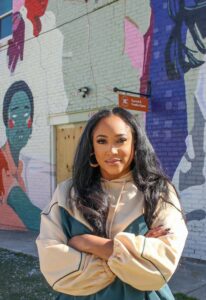
Today we’d like to introduce you to Tiera Couch.
Alright, so thank you so much for sharing your story and insight with our readers. To kick things off, can you tell us a bit about how you got started?
So how did I get here? I’m a Detroit native. My childhood and adolescence were spent split between southwest Detroit (McGraw ave) and the west side (west 7 mile).
I was educated in Detroit Public Schools. I had a complicated relationship with high school. I was the definition of “at-risk” youth, looking back, I was doing my best to process my anxiety and history of trauma. In my senior year, the school counselor asked me about my plan for college. I hadn’t before that moment considered college. I didn’t know it was an option for me. I’m a first-generation college graduate and in my mind “girls like me” didn’t go to college. I went to the HBCU Central State University directly after high school but I didn’t have the resources or support to stay. Fast forward, I returned to school six years later first attending Oakland Community College and then Wayne State University where I earned a bachelor’s and master’s in social work.
I knew my purpose at the age of 9 years. A lot of the books I read growing up were donated giving me access to a range of information often not what would be considered age-appropriate. I read “A Child Called It” by Dave Pelzer and “Are you out there, god?” by Mary Rose McGeady books on child abuse, neglect, and being a social outcast. I knew I wanted to help people and make the world safer for women and children. Those books along with what I observed in my family and neighborhood and every lifetime movie about abuse and mental health lead me to become a social worker.
My clinical experience includes working with diverse populations as a school social worker in public education, a therapist, assessor, and supervisor in community mental health. I was often the only black or out queer employee and I regularly faced microaggressions, bullying, and discrimination as well as toxic work environments that adversely impacted new clinicians’ ability to flourish/thrive. I found myself regularly advocating for my clients and coworkers with similar identities.
I also observed the disconnect between professionals and the populations they serve and I want to offer services that promote safety in authenticity. Come as you are without “code-switching” or using too much thought about how you are presenting. There are already enough barriers to seeking mental health support.
What I’ve noticed across my professional and personal experiences is the normalization, dismissal, and/or criminalization of back and queer pain/mental health. I landed in private practice and launched Unfcked therapy and Wellness because I want to serve the populations, I want to serve using my clinical expertise in a way that makes safety accessible.
I’m sure you wouldn’t say it’s been obstacle-free, but so far would you say the journey has been a fairly smooth road?
It wasn’t an easy road at all. Early on I led with the assumption that no one could help me so I did everything by myself. When I got to graduate school, I teamed up with a group of black women and we supported each other through the program. What you are led to believe about the field of social work in school and what the expectations in the workforce are often very different. The assumption is going into service you’ll be surrounded by forward-thinking individuals ready to change the world. The reality, well my reality as well as a lot of my colleagues is vastly different. I had to figure my profession out as well as call out the things that didn’t align with what I knew to be ethical. The work is difficult and the pay often does not align with the commitment. In this field, you are expected to do more with less.
In my first position I had a caseload of 120 students (that’s an outrageous number), was the only black staff, and was constantly under scrutiny as well as I had declining health due to a massive uterine fibroid (I had it surgically removed in 2017).
I learned that to see real change I had to be assertive and be comfortable when I found myself often on the other side of the table calling out unrealistic expectations for myself and colleagues or more support for my clients.
Can you tell our readers more about what you do and what you think sets you apart from others?
I specialize in helping teens and adults understand, process, and manage trauma and anxiety. I take a decolonized approach to therapy, a lot of my client’s beliefs about themselves are based on socially constructed standards often not aligning with their true identity or desires. Trying to be who they think they “should” be.
I’m known for my relatable and authentic approach to therapy. When therapy is depicted in the media there’s often the image of a stuffy person sitting across from you silently judging you as you tell all your business. When in reality it’s a collaborative process there are tears, laughs, and action. I’m a real person with multiple identities and dimensions. I can sit across from you to be a real person while remaining professional. It can feel like you are talking to a friend but therapy is void of bias present in personal relationships and provides accountability, validation, and evidenced-based support.
I’ve recently started posting content on social media and received a lot of positive feedback from people who had a misconception about going to therapy and weren’t considering it. I like to explain how things people may have considered everyday stressors, or generational patterns can be unlearned and supported in therapy.
I’m most proud of the relationships I’ve built with clients. The feedback I’ve received is they know they can tell me anything and they know they accepted and seen. They also know I’m going to challenge them to be who they said they want to be.
We’re always looking for the lessons that can be learned in any situation, including tragic ones like the Covid-19 crisis. Are there any lessons you’ve learned that you can share?
I learned the benefits of telehealth/virtual therapy. Before the pandemic, I saw clients at school, in the office, and at their homes. With telehealth, scheduling is a lot easier. Clients can have a session on their lunch break, take an hour without finding a babysitter, or see me when they don’t have the capacity to leave their homes. I plan to have a brick-and-mortar at some point but I love how accessible telehealth makes therapy. Some people still prefer in-person services but many of the clients I’ve worked with virtually find a lot of value in it.
Contact Info:
- Website: unfckedtherapyandwellness.com
- Instagram: https://instagram.com/theunfckedtherapist
- Other: https://www.psychologytoday.com/profile/794268
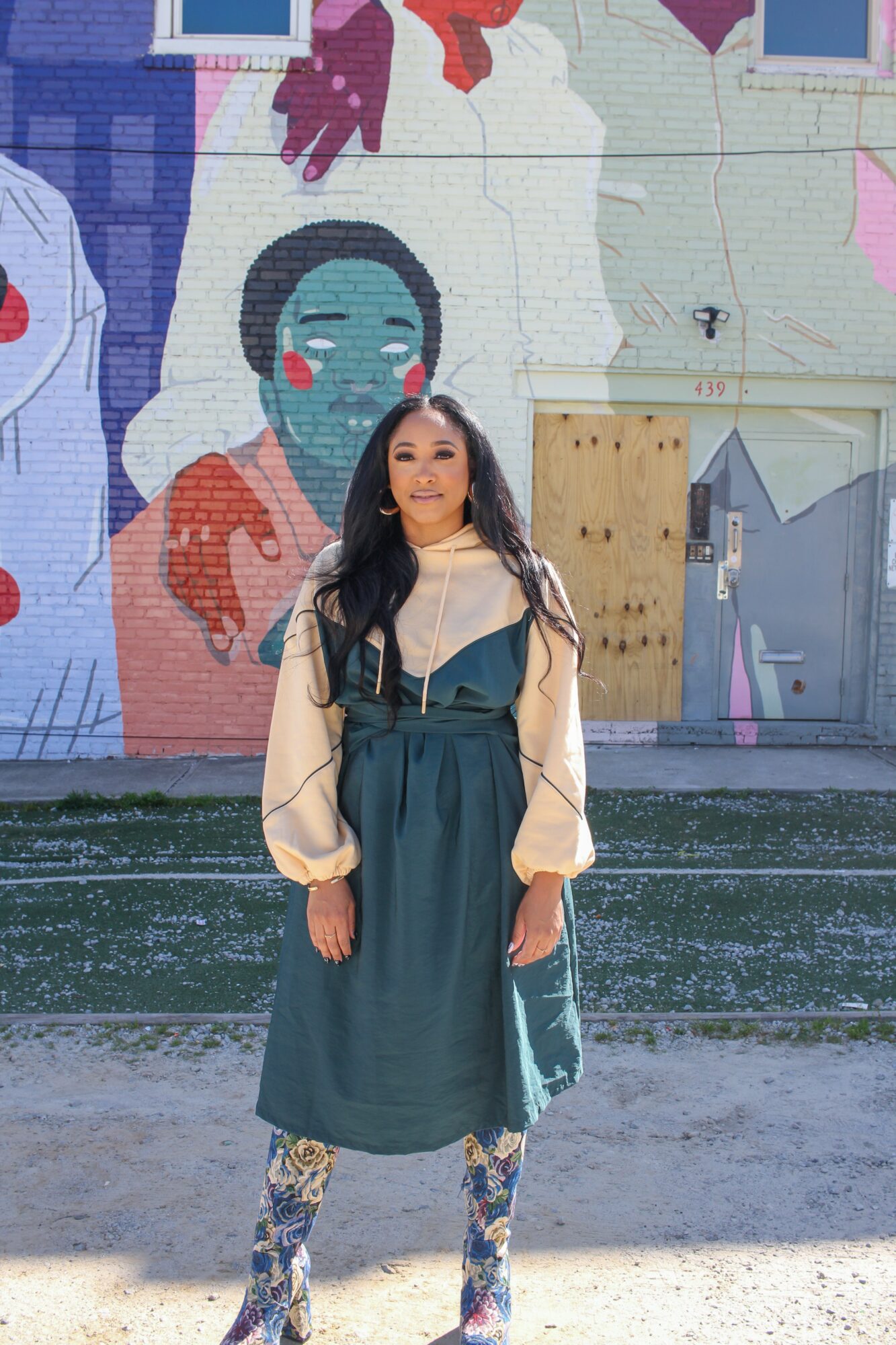
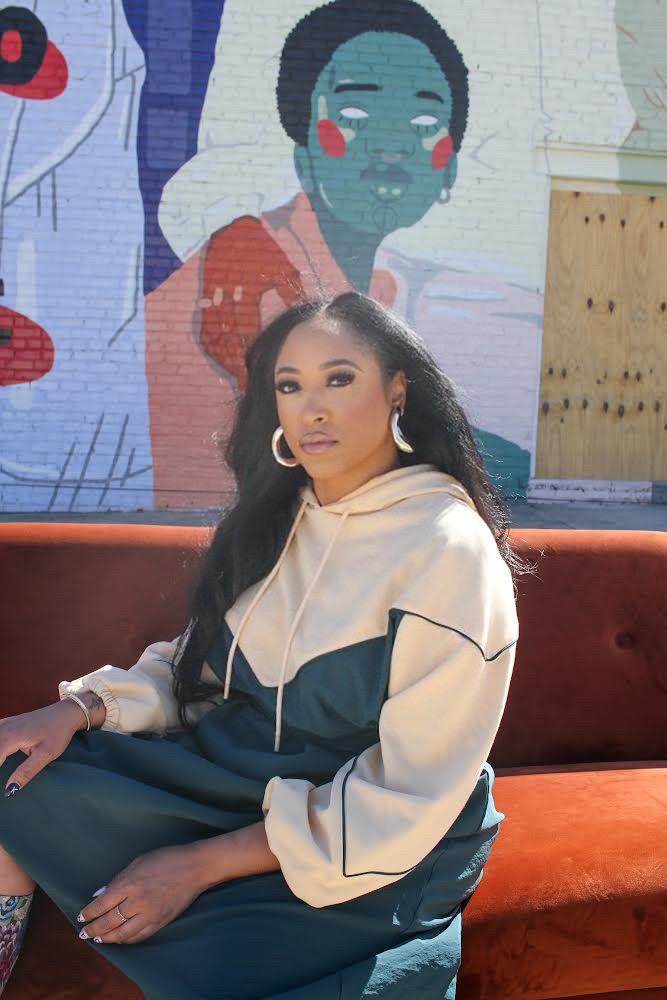
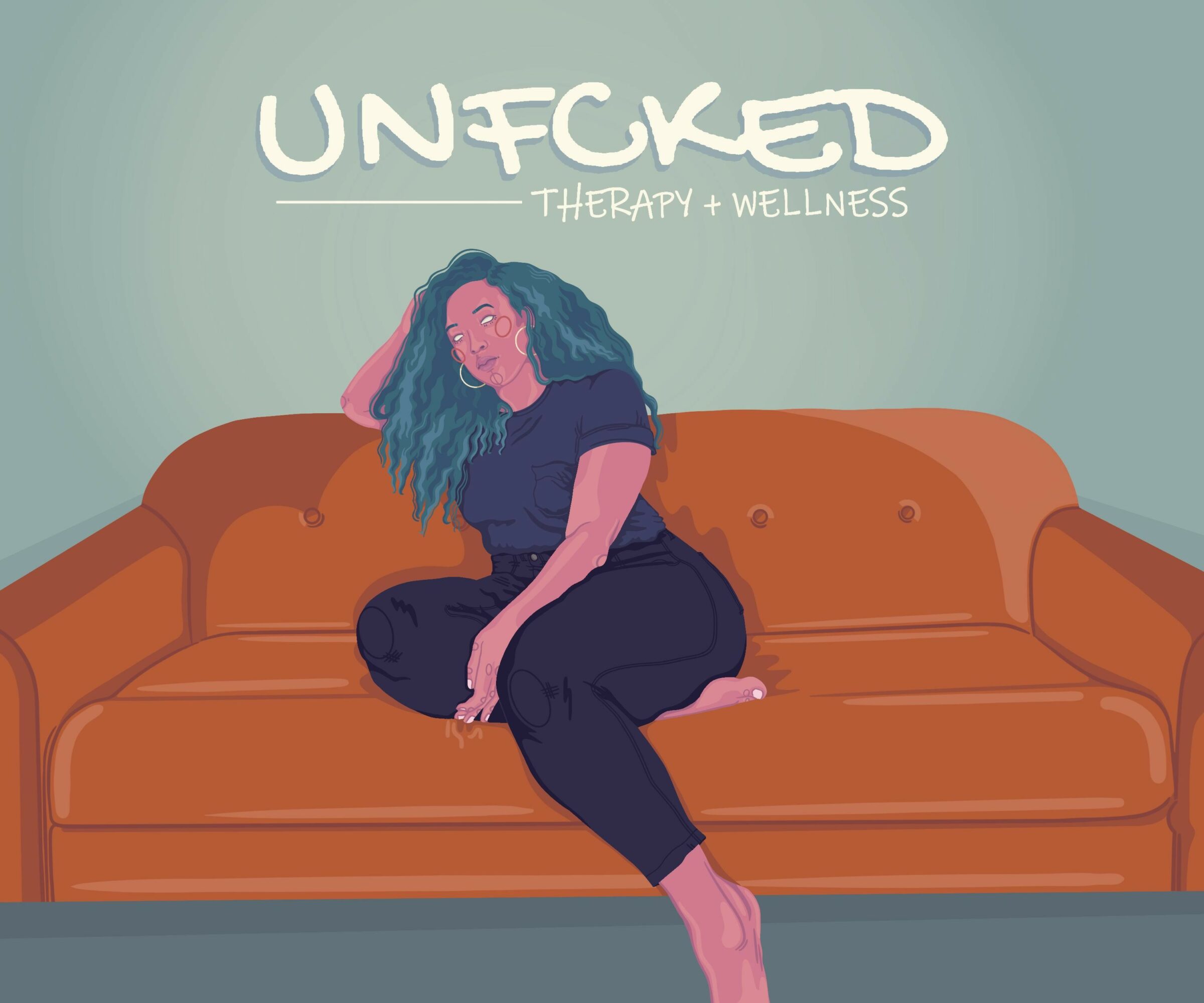
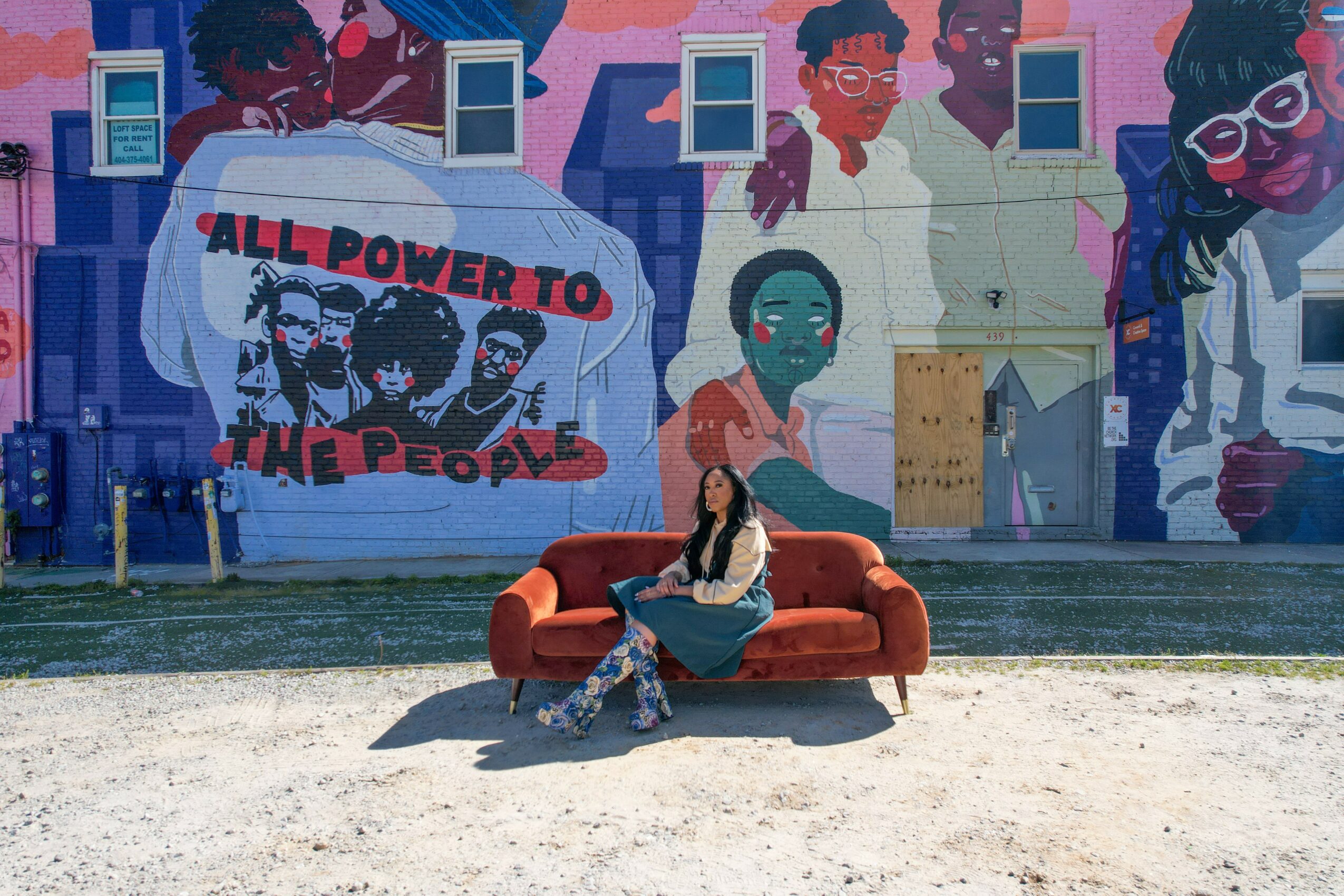
Image Credits
Essence Renata
Sofa Hood











